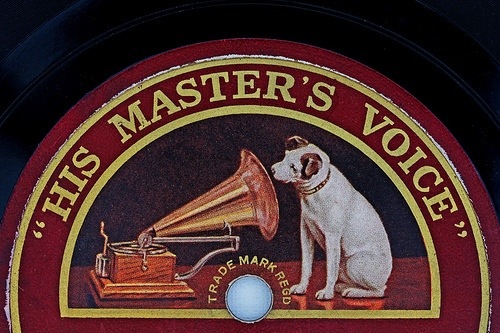
They are dropping like flies.
First Blockbuster and Kodak. Now Comet, Jessops, and HMV in quick succession. Who next?
Businesses are having a hard time adjusting to the new rules of the digital era and today’s economy is unforgiving.
Part of me is nostalgic for these businesses; the job loss stats are frightening and I’m old enough to remember the failed “Use it or lose it” campaign of our village post office in the 80s. The other part of me knows that these businesses were designed for an era that no longer exists. They’ve served their time. Under better economic conditions they might struggle on but deep down we know they are better off in business heaven.
So the privilege to turn a profit on the distribution of music, film, cameras, and consumer electricals is redistributed to a first wave of businesses designed for the emerging digital age. Spotify, Amazon, iTunes, Lovefilm, Netflix etc haven’t had to convert themselves from analogue; they weren’t anchored to legacy business models, infrastructure and thinking. They had a blank piece of paper, the courage to try something new, and a healthy dose of luck.

To blame the likes of Amazon and Apple for the demise of HMV and Co is to deceive ourselves. We consumers killed these companies through our purchasing choices. By showrooming to handle a camera at Jessops and pick the brain of the sales agent before going home to think about it buy it on Amazon. We’ve all done it. By giving 30% of our money for iTunes songs and apps directly to Apple instead of shopping in HMV. By buying Amazon gift vouchers. There’s no judgement here; that’s just how it is.
The New Year brought some financial housekeeping to the Tatman household. Our bank statements reveal the extent and spread of our digital reliance through subscriptions and online shopping receipts. Specialist sports retailer Wiggle won last month’s battle but Amazon will no doubt reign supreme again this month.
Such specialists have some hope for survival in the digital era. Wiggle can sell me a commodity item like a mass-market bike pedal far cheaper than my local cycle shop. But if I want expert tailored advice on fitting and usage then local specialist wins every time (AthleteService in Henley). Wiggle can’t watch me pedal and give me adjustment guidance via Skype. This service hasn’t been digitised. Yet.
So the music and video incumbents have been displaced as the medium becomes purely digital. What products and services will be next? For other industries the patterns and warnings are there to learn from.
One predictable thing about change is its unpredictability. It’s early days for the digital era so I expect plenty more digital redistribution along the way as business models are tested and today’s winners are disrupted. This cycle of creative disruption, of births and deaths in business is nothing new; it’s survival of the fittest out there and always has been.
Exciting times.


